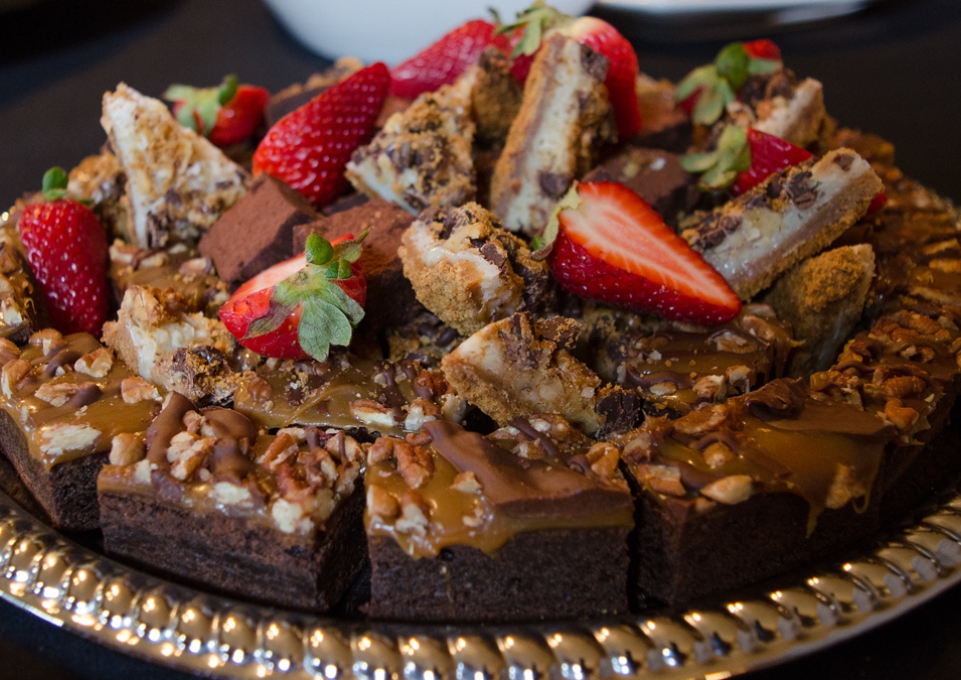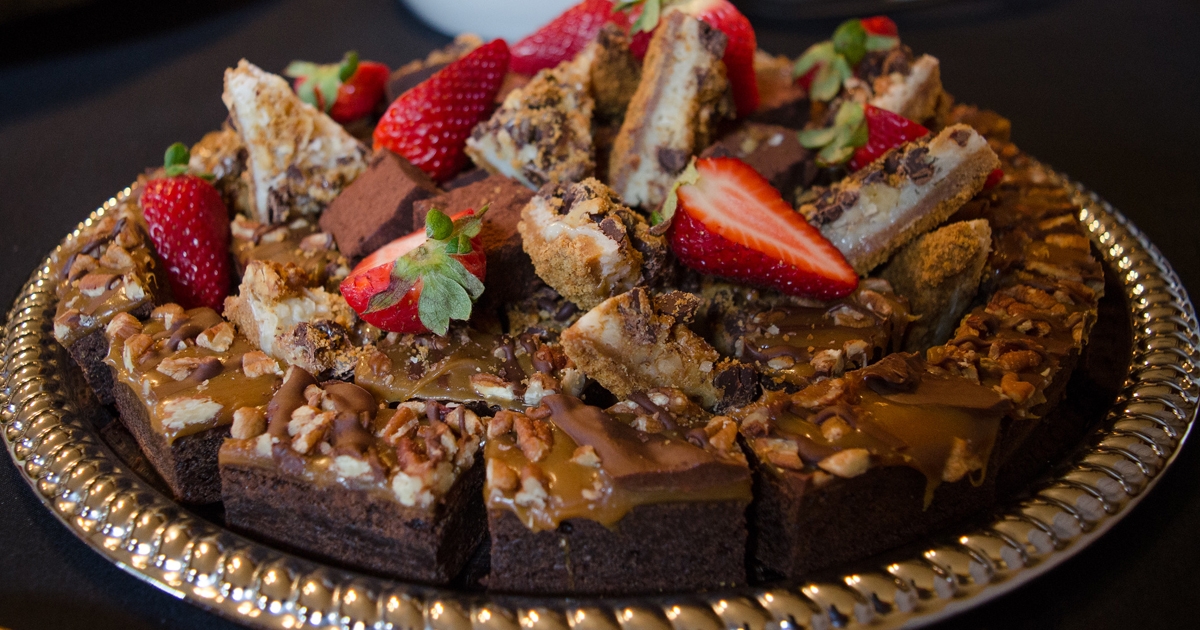
As we slip into the second month of social distancing and staying home, you may have noticed an unpleasant side effect of such close proximity to your refrigerator—tighter clothes and higher numbers on the scale.
COVID-19 weight gain is a real phenomenon. Memes of puffed-up cheeks are quickly making the rounds on social media as people try to assuage their anxiety with comfort dishes made from carbohydrates, butter, copious amounts of cheese, or sugar.
Several grocery retailers have reported a noticeable uptick in the sale of baked goods, crackers, and sugary cereal in the week that ended March 22, according to IRI, a Chicago-based market research firm. And apparently shoppers crave milk to accompany all those sweets. Over the same period, IRI also reported a 60 percent increase in sales of fluid milk, which had been declining for years.
“It’s natural for people to turn to comfort foods during times of stress,” said Carol DeNysschen, Buffalo State College professor and chair of the Health, Nutrition, and Dietetics Department, whose research interests are nutrition and exercise intervention in chronic diseases.
“The problem is that it can lead to unhealthy weight gain,” she said. “Doctors are as concerned about untreated diabetes and high blood pressure as the virus. You don’t want to experience a weight gain that may put you at higher risk for these diseases.”
So how do we keep from ballooning up during this anxiety-producing time?
“First, realize that it’s OK to enjoy comfort foods—in moderation,” DeNysschen said.
She also recommends sticking to a meal schedule and altering recipes to make them healthier. For instance, when baking, you can swap applesauce for half the oil, use two eggs whites instead of one egg yolk, and substitute low-fat or nonfat milk for whole milk or cream.
Craving mac and cheese? She suggests making it with a mix of cheddar cheese and low-fat cottage cheese to save calories.
When you want to treat yourself, DeNysschen offers these tips:
- Watch your portion size.
- Consume fresh vegetables or fruit first. This may temper your appetite.
- Eat without distraction. Turn off the television and savor what you’re eating.
- Have a planned exercise regimen.
While trips to the gym are currently not an option, DeNysschen pointed out that physical activity can take many forms. And you don’t have to be a runner to get the much-heralded endorphin high.
“Choose something you like doing that also offers a social distancing option, such as walking, Rollerblading, or biking,” she said, adding that a number of instructor-led workouts (think Zumba and yoga) are now available for livestreaming.
However, before starting any exercise routine, get a physician’s approval, she said.
Exercise does more than burn calories; it improves mood, said DeNysschen, a longtime runner who is continuing with her six to 10-mile daily runs.
“The benefits of exercise are limitless,” she said. “Often, participating in exercise removes the need for comfort food for stress release. Physical exercise also boosts our immune system, so it helps protect us from illness.”
But if you’ve read your 10th depressing news story and the siren song of chocolate cake is too strong to resist, keep this piece of DeNysschen’s advice in mind: “Think about how much exercise you will need to do to burn off those calories. It may cause you to take half a portion.”
Lastly, she stressed that this is not the time to try a fad diet, that is, one that eliminates a food group or is unrealistic to maintain over the long term.
“Be a meal and exercise planner,” she said. “Have a routine, think in terms of moderation, and you’ll emerge from this pandemic without unwanted pounds.”
Photo by Bruce Fox, Campus photographer.



